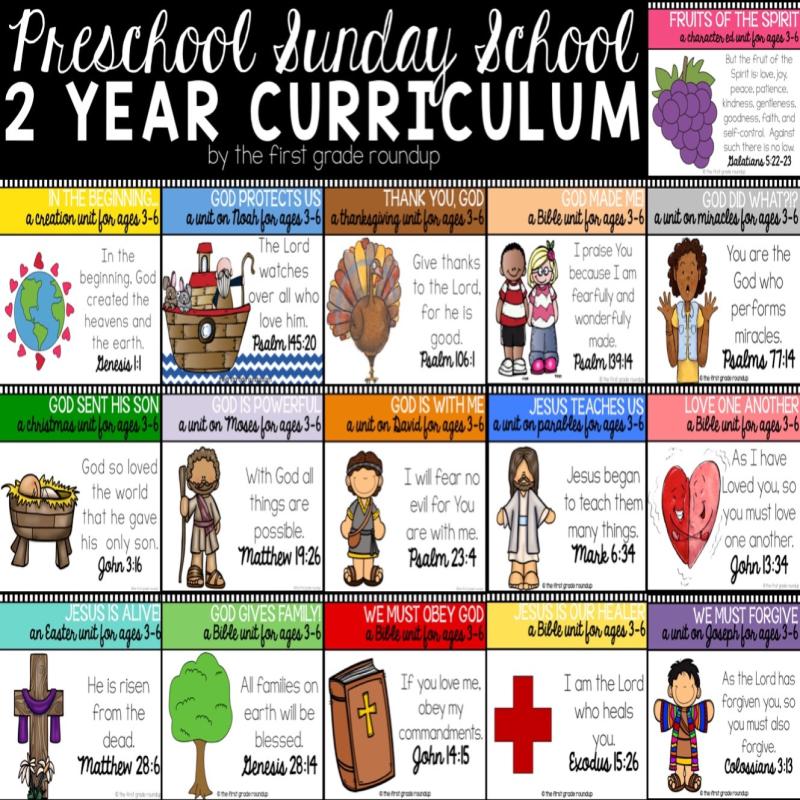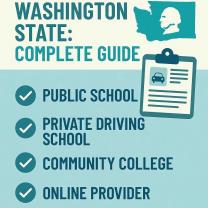What to look for in a Sunday school curriculum?
Selecting the right Sunday school curriculum is an important decision for churches and educators. A good curriculum can enhance the learning experience and spiritual growth of students. Here are factors to consider when choosing a Sunday school curriculum:
Doctrinal Alignment:
- Ensure that the curriculum aligns with the doctrinal beliefs and theological stance of your church. It should reflect the core values and teachings of your faith tradition.
Age-Appropriate Content:
- Choose a curriculum that is age-appropriate for the students in your Sunday school classes. Different age groups have varying learning needs, and the curriculum should address these developmental stages.
Biblical Accuracy and Sound Theology:
- Verify that the curriculum is biblically accurate and presents sound theology. It should provide a solid foundation in understanding the Bible and Christian beliefs.
Engaging and Interactive Lessons:
- Look for curriculum materials that are engaging and interactive. Lessons should capture the attention of students and encourage active participation, discussion, and application of biblical principles.
Applicability to Real Life:
- Consider how well the curriculum helps students apply biblical principles to their everyday lives. A curriculum that encourages practical application fosters a deeper understanding of faith.
Teacher Resources and Training:
- Check if the curriculum includes resources for teachers, such as lesson plans, teaching guides, and training materials. Adequate support for teachers contributes to effective lesson delivery.
Inclusivity and Cultural Sensitivity:
- Consider whether the curriculum reflects inclusivity and cultural sensitivity. It should be relevant to the diverse backgrounds and experiences of your students.
Consistency with Church Goals:
- Align the curriculum with the broader goals and vision of your church. Ensure that the material supports the overall mission and objectives of your religious education program.
Availability of Additional Resources:
- Determine if the curriculum provides additional resources such as visual aids, videos, music, or activity ideas that enhance the learning experience.
Ease of Use and Flexibility:
- Evaluate the ease of use and flexibility of the curriculum. It should be adaptable to various teaching styles, classroom settings, and time constraints.
Feedback and Reviews:
- Seek feedback from other churches or educators who have used the curriculum. Reviews and testimonials can provide insights into the effectiveness and appropriateness of the material.
Cost and Budget Considerations:
- Consider the cost of the curriculum and whether it fits within your budget. Some curricula may have associated costs for materials, and it's important to assess the overall financial feasibility.
Digital and Multimedia Options:
- Check if the curriculum offers digital or multimedia options. In today's technology-driven environment, having access to online resources can enhance the learning experience.
Denominational or Interdenominational:
- Determine whether the curriculum is specific to a particular denomination or if it is interdenominational. Some curricula are designed to accommodate a broad range of Christian traditions.
By carefully considering these factors, you can make an informed decision when choosing a Sunday school curriculum that best suits the needs and values of your church community.
Making informed choices: What to look for in a Sunday school curriculum?
When choosing a Sunday school curriculum, it is important to consider the following factors:
- Biblical accuracy: The curriculum should be based on the Bible and teach children about the foundational truths of the Christian faith.
- Age-appropriateness: The curriculum should be appropriate for the age level of the children it is designed for. The lessons should be engaging and relevant to their interests and understanding.
- Educational goals: The curriculum should align with the educational goals of your Sunday school program. Do you want to focus on teaching children about the Bible, Christian doctrine, or Christian living?
- Teaching methods: The curriculum should use a variety of teaching methods to keep children engaged and learning. This may include storytelling, games, activities, and crafts.
- Teacher support: The curriculum should provide teachers with the support they need to teach the lessons effectively. This may include lesson plans, teaching materials, and professional development opportunities.
Key elements and features to consider when evaluating Sunday school curricula
Here are some key elements and features to consider when evaluating Sunday school curricula:
- Biblical content: Does the curriculum teach children about the foundational truths of the Christian faith? Is it based on the Bible and not just on stories or moral lessons?
- Age-appropriateness: Is the curriculum designed for the age level of the children it is intended for? Are the lessons engaging and relevant to their interests and understanding?
- Educational goals: Does the curriculum align with the educational goals of your Sunday school program? Are you looking for a curriculum that will teach children about the Bible, Christian doctrine, or Christian living?
- Teaching methods: Does the curriculum use a variety of teaching methods to keep children engaged and learning? Does it include storytelling, games, activities, and crafts?
- Teacher support: Does the curriculum provide teachers with the support they need to teach the lessons effectively? Does it include lesson plans, teaching materials, and professional development opportunities?
- Flexibility: Is the curriculum flexible enough to be adapted to the needs of your Sunday school program? Can you add or remove lessons, or change the order of the lessons?
- Cost: Is the curriculum affordable for your Sunday school program? Consider the cost of the materials, as well as the time and effort required to prepare and teach the lessons.
Tips for finding a curriculum that meets the educational goals of your Sunday school program
Here are some tips for finding a curriculum that meets the educational goals of your Sunday school program:
- Ask for recommendations from other Sunday school leaders. Talk to other Sunday school leaders about the curricula they are using and what they like and dislike about them.
- Read reviews of different curricula. There are a number of websites and magazines that publish reviews of Sunday school curricula.
- Request sample lessons from different publishers. This will give you a good idea of the quality of the curriculum and whether it is a good fit for your Sunday school program.
- Visit different Sunday schools and observe the lessons being taught. This is a great way to see how different curricula are implemented in real-world settings.
Once you have considered all of the factors above, you will be able to choose a Sunday school curriculum that is right for your program and will help children learn about God and His love for them.













